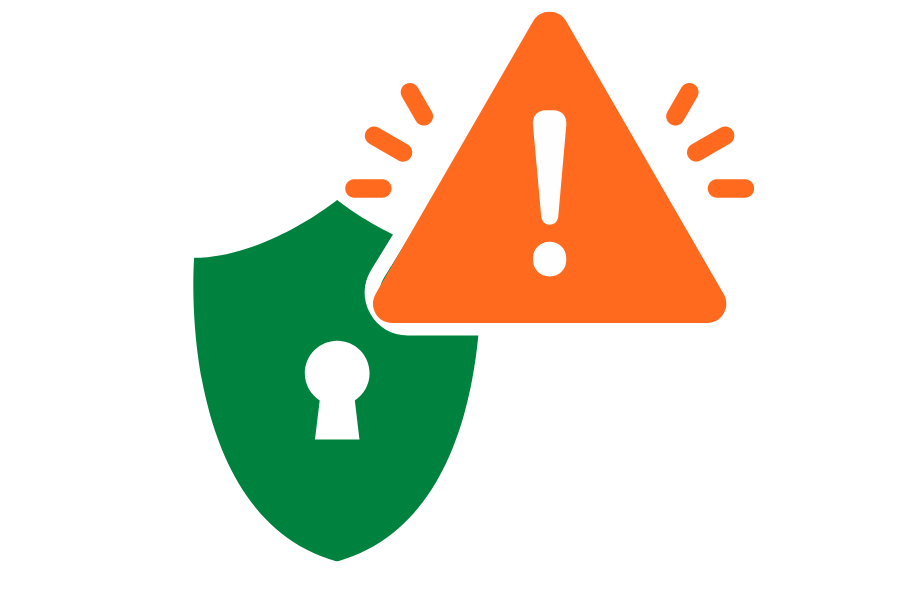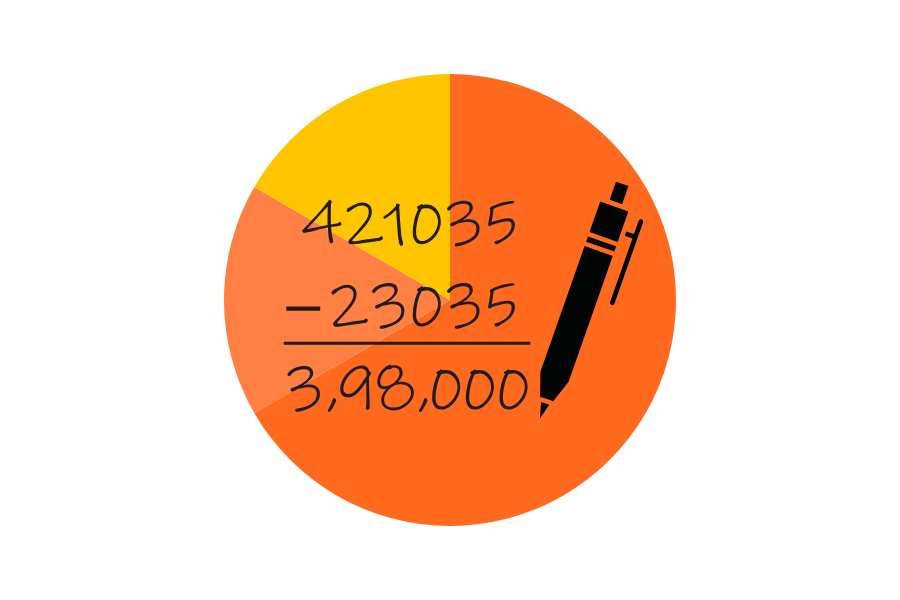How to Apply For a Liquor License in Singapore
Opening a bar, restaurant, or any venue where alcohol is a key offering can be an exciting venture in Singapore. However, before you can start serving drinks, it’s crucial to navigate the regulatory environment and secure a liquor licence. This guide outlines the application process for a liquor licence, helping SMEs, small business owners, and entrepreneurs understand and meet the requirements.
Understanding Liquor Licences in Singapore
Liquor licences in Singapore are categorised based on the nature of the business and operational hours. Each class has specific requirements tailored to different business models and customer engagement strategies. Identifying the correct type of licence is the first step in the application process:
- Class 1A/1B: For on-site consumption of liquor/beer.
☞ Suitable for restaurants, cafes, bars, and other F&B outlets.
- Class 2A/2B: For on-site consumption of beer only.
☞ Suitable for restaurants, cafes, bars, and other F&B outlets.
- Class 3A/3B: For retail sale of liquor/beer for off-site consumption.
☞ Suitable for liquor shops, wine shops, online alcohol stores, and convenience shops,
- Class 4: For wholesale liquor.
☞ Suitable for alcohol wholesalers.
- Class 5: Temporary liquor licence.
☞ Suitable for pop-up F&B stores or pop-up liquor stores/booths.
Eligibility and Application Process
To apply for any liquor licence, the applicant must ensure they meet the eligibility criteria:
- Residency Requirement: The applicant must be a Singapore citizen, permanent resident, or possess a valid work permit/employment pass.
- Position within the Company: For companies, the applicant must be a director, partner, or the sole proprietor registered with ACRA.
- Fit and Proper Test: The applicant must have a clean record, cooperate with authorities, and ensure compliance with previous licences.
~ At Counto, we prioritise your savings and efficiency over hefty fees. Our team of seasoned compliance professionals expertly handles everything from company registration to tax filing at unbeatable rates. Discover more about our cost-effective incorporation packages here.
Pre-application Considerations
- Update Business Details: Ensure all business details are updated in ACRA’s records. Allow at least a day for any changes to sync before you start your application on GoBusiness Licensing.
- Choose the Right Licence Type: Consider the nature of your establishment and the type of alcohol you intend to sell to determine the appropriate licence.
Application Process to Obtain a Liquor Licence
Step 1: Start Your Application: Begin your application journey on GoBusiness Licensing by selecting the type of liquor licence you need.
Step 2: Submit Required Documents: This includes a comprehensive set of documents such as:
- ACRA business registration certificate
- NRIC/Work Permit of the applicant
- Planning permission from the Urban Redevelopment Authority (URA)
- Other relevant licences (e.g., hawker licence from NEA for outdoor beer stalls)
Compliance and Inspection
- Pre-licensing Inspection: Once your application is submitted, a pre-licensing inspection of your premises will be scheduled to ensure compliance with the required standards. This will include checks for proper storage, serving facilities, and overall adherence to public health and safety guidelines.
Post-application Requirements
- Pay the Applicable Licence Fee: Fees vary based on the licence class and duration.
- Wait for Approval: The typical processing time is around 12 working days.
- Operational Compliance: Post-license, it’s crucial to maintain compliance with the terms set forth by your licence. This includes adhering to operational hours, managing the conduct of patrons, and ensuring no sale of alcohol to underage customers.
Renewal and Ongoing Compliance
- Renewal: Liquor licences in Singapore need to be renewed annually. Be mindful of the renewal deadlines and associated fees which vary based on the class of licence.
- Adhere to Conditions: Ensure that you comply with all conditions such as permitted trading hours and regulations concerning the behaviour of patrons.
- For more information on obtaining a Liquor Licence, access the Singapore Police Force’s website here.
Common FAQs
1. How long is a liquor licence valid in Singapore?
- For Class 1A, 1B, 2A, 2B, 3A, 3B and Class 4 licences, the validity is typically 1 year.
- For Class 5 temporary liquor licence, the validity is up to 30 days only. The exact validity period will be stated on the licence.
It’s important to note that the liquor licence needs to be renewed before the expiration date. The renewal process can be done online through the GoBusiness Licensing portal.
2. What are the requirements for renewing a liquor licence in Singapore?
- The liquor licence needs to be renewed before its expiration date. Most liquor licences (Class 1A, 1B, 2A, 2B, 3A, 3B and Class 4) are valid for 1 year.
- The applicant must continue to meet the eligibility criteria, such as being a Singapore citizen, permanent resident, or having a valid work permit/employment pass.
- The applicant must still pass the “fit and proper” test by having a clean record, complying with conditions of the previous licence, and cooperating with authorities.
- For businesses registered with ACRA, the applicant must be a director of the company, partner of the partnership, or the sole proprietor.
- The renewal application must be submitted online through the GoBusiness Licensing portal.
- Any required supporting documents, such as ACRA business registration certificate, NRIC/work permit, planning permission, etc., must be provided along with the renewal application.
- The applicable licence renewal fee must be paid.
3. What are the differences between class 1a and class 2 liquor licences in Singapore?
The key differences between Class 1A and Class 2 (2A and 2B) liquor licences are:
a) Type of Alcohol Allowed:
- Class 1A allows the supply of all types of liquor (beer, wine, spirits etc.) for consumption on the licensed premises.Class 2A allows the supply of all types of liquor, but with shorter operating hours than Class 1A.
- Class 2B only allows the supply of beer for consumption on the licensed premises, with shorter operating hours.
b) Operating Hours:
- Class 1A has longer/more flexible operating hours compared to Class 2A and 2B licences.
- The search results do not specify the exact operating hours for each class, but Class 2A and 2B are described as having “shorter operating hours”.
c) Intended Use:
- Class 1A is typically for establishments like restaurants, bars, pubs etc. that serve liquor for on-premises consumption during longer hours.
- Class 2A and 2B are more suitable for establishments with shorter operating hours, like cafes or hawker stalls serving beer/liquor.
- Class 2B is specifically intended for hawkers selling beer only.
So in summary, Class 1A allows the sale of all types of liquor with longer operating hours, while Class 2A is for shorter hours but still all liquor types, and Class 2B is specifically for beer-only sales with shorter operating hours, often intended for hawkers.
Using an incorporation service as an extension of your team
Setting up a company in Singapore can be challenging, but with professional support, it can be simple, Counto’s mission is to support your new business, take away the complexities of compliance, and save you time and money throughout the year. Speak to us directly on our chatbot, email us at [email protected], or contact us using this form.
Here are some articles you might find helpful:
Do I need to register for GST?







